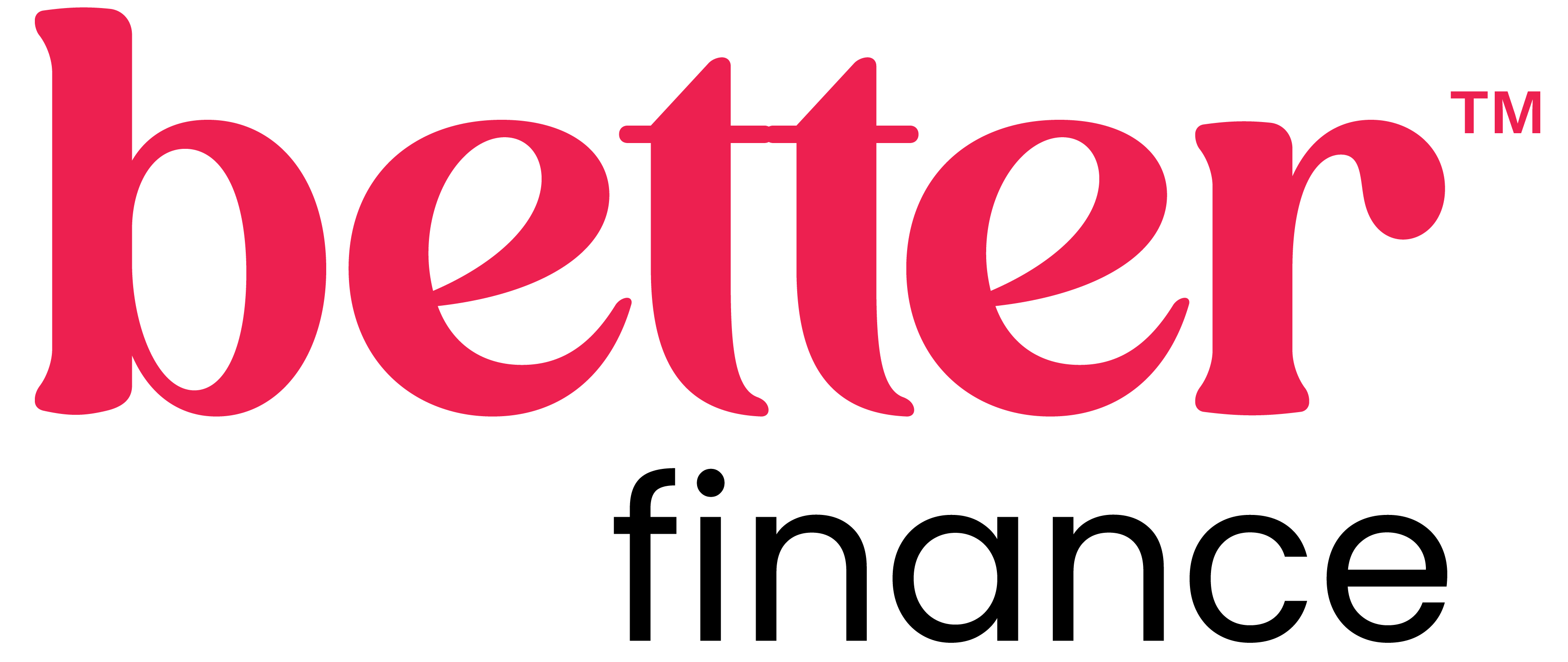
If you’ve ever applied for a loan, tried to get a new rental property or even gone through the hiring process for a job, you may have had a credit check completed on you.
Credit checks are used to look at a person’s borrowing and bill-paying history and overall creditworthiness. Basically, how likely are they to repay any money they borrow?
But did you know there is a difference between hard and soft credit checks?
A hard credit check is when someone accesses your credit file with your permission, with the intention of lending you money. A soft check is a general credit check unrelated to a specific credit application.
They each affect your credit in different ways, and it’s helpful to understand how they work before you apply.
Here’s what you need to know.
What is a hard credit check?
A hard credit check is a process used by lenders or financial institutions when you apply for a loan.
That could be a credit card, home loan or personal loan – or, in fact, any other lending agreement. You give permission for the lender to delve into your credit history.
A hard credit check is a deep dive into your credit report to assess your credit and how good a prospect you are for anyone who is considering giving you money.
A hard credit check can have a short-term negative impact on your credit score.
How do hard credit checks affect your credit score?
When a hard inquiry is conducted, it can lower your credit score by a few points. The impact is usually temporary and reduces over time.
That’s not a huge deal on its own, but if you’re “shopping around” and giving multiple lenders permission to run a hard check, it can have a negative effect.
It’s often worth avoiding going through the hard credit check process until you have a good idea of which lender you specifically want to apply with.
Having a number of hard credit checks in a short period of time could suggest to lenders that you are a higher-risk borrower.
What is a soft credit check?
A soft credit check is a more general inquiry, not related to a formal loan or credit application.
This might be used for a background check if you’re applying for a job that has financial responsibilities, or if a lender is thinking about issuing a pre-approval with conditions.
A soft credit check generally does not have an impact on your credit score.
When are hard credit checks tsed?
You will usually encounter a hard credit check when you get to the business end of an application for a credit card, mortgage, personal loan or vehicle loan.
When the lender is working out how creditworthy you are and how much of a risk your loan is likely to be, they will want to delve into your history.
Credit check tip
Take care with situations where you might have a number of credit checks in a short period of time, because it may raise questions about your financial circumstances.
When are soft credit checks used?
You might see soft credit checks used if you’re making initial inquiries about what you might be able to borrow from a credit card company or lender.
They may offer pre-approval on the basis of a soft check and wait to complete the hard check until later in the process.
If your employer is conducting a background check, that is likely to involve a soft credit check. A landlord or property manager will usually also conduct a soft check.
When you check your own credit report to see what your credit score is and make sure your history is accurate, that will also register as a soft inquiry.
Soft checks are a common part of many financial processes and can be a part of good money management. They will not affect your credit score.
How many hard checks are too many?
There’s no set number of credit checks that is likely to be too many, and it probably won’t be the deciding factor for a lender.
But a flurry of hard credit inquiries does have the potential to affect your credit score and may make lenders worry about your financial life.
Credit Check Tip
You may be able to minimise the number of hard checks by talking to an adviser, such as the team at better finance™, who can help you determine which lender is likely to be the most appropriate fit, or by doing some market research yourself before you go through the application process.
There are also credit score monitoring tools that can help track hard inquiries.
Can soft credit checks help improve your credit score?
You may be able to use soft credit checks to help improve your credit score.
The process of the check does not impact your score, but keeping a close eye on your credit report can help you identify errors or discrepancies that need to be corrected.
This helps build your score over time.
Combined with maintaining good credit habits, such as paying your bills on time, your credit score can improve as time goes on.
The importance of understanding credit checks
When you know and understand the difference between hard and soft credit checks, it’s easier to make informed decisions when you are applying for credit.
The important thing to note is that your credit score is something you should check from time to time – and you can protect it by avoiding unnecessary hard credit checks that could damage it.
Did you know?
New Zealand has a comprehensive credit reporting system, which means your score will generally improve when you pay bills and other commitments on time. Good habits can create real change.
Understand your credit
At better financeTM, we’re committed to helping New Zealanders live better financial lives. We can help you with the tools and resources you need to manage your credit responsibly.
If you have questions about personal loans or want to see what might be available to you without damage to your credit report, get in touch with us today.



